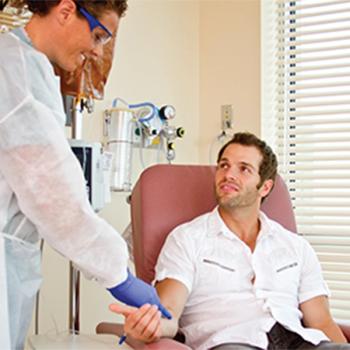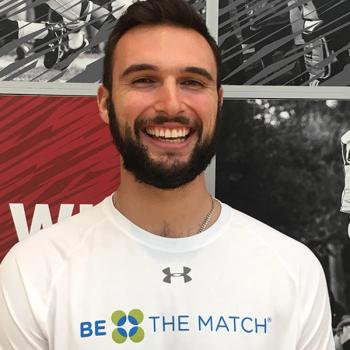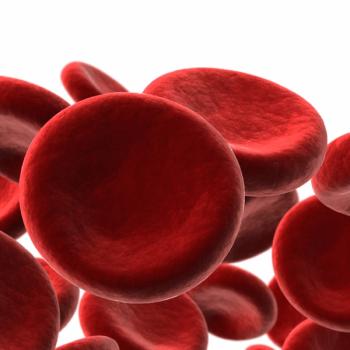
"Neither feels guilty about surviving — although both have had plenty of reminders that they’re dealing with cancer — and both have found ways to continue enjoying life."

"Neither feels guilty about surviving — although both have had plenty of reminders that they’re dealing with cancer — and both have found ways to continue enjoying life."

Andre Goy, M.D., discusses some exciting advances in mantle cell lymphoma (MCL).

All members of the FDA’s Oncologic Drugs Advisory Committee (ODAC) voted to approve Rituxan for the treatment of some blood cancers.

Breast implants, especially those with textured surfaces, may be associated with a rare type of lymphoma, according to a recent statement by the Food and Drug Administration (FDA).

Jim Kochenderfer, M.D., lends insight to the future of CAR T-cell therapy for hematologic malignancies.

How the side effects of radiation therapy almost killed me, and kept me from eating turkey.

Keytruda (pembrolizumab) was approved for the treatment of refractory or relapsed Hodgkin lymphoma.

Teaching the patient and caregiver reportable signs and symptoms and when to call the doctor cannot only save their line, but, more importantly, can save their life.” — WENDY A. NUNEZ , R.N.

Leo I. Gordon, M.D., discusses an exciting new trial for patients with non-Hodgkin lymphoma.

Just one person can make a difference for patients with blood cancer.

A recent phase 3 study showed that Imbruvica plus ublituximab may be a promising option for some patients with CLL.

Sometimes a cat isn't your problem, it's actually lymphoma.

CAR T-cell therapy is drastically changing the landscape of cancer treatment.

A friend at the chemotherapy clinic told his story, but never said a word.

Patient education and coordination from the care team are two vital aspects in delivering successful CAR T therapy.

Axicabtagene ciloleucel had high response rates in patients with non-Hodgkin lymphoma in a phase 2 study.

Getting dates while getting Adriamycin.

Your methods of coping with cancer might not always be sexy.

One quirky trick to cut down on hair loss from chemo made me detest refrigerators for life!

Please, If I could just complain, I mean explain, this whole after-treatment thing.


A bone marrow transplant story that even chemobrain won't let me forget.

Axicabtagene ciloleucel can lead to complete remission for patients with refractory diffuse large B-cell lymphoma, according to a recent study.

Car T-Cell therapy is being explored in multiple approaches to treat hematologic malignancies.

Cancer is really difficult, but if you look hard enough, you might find the perks.